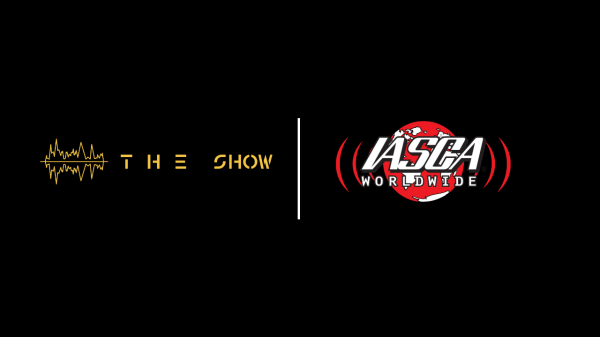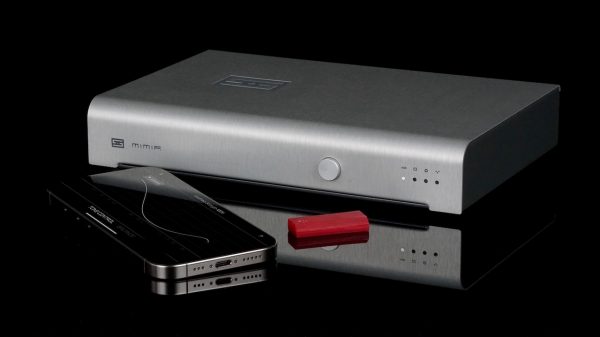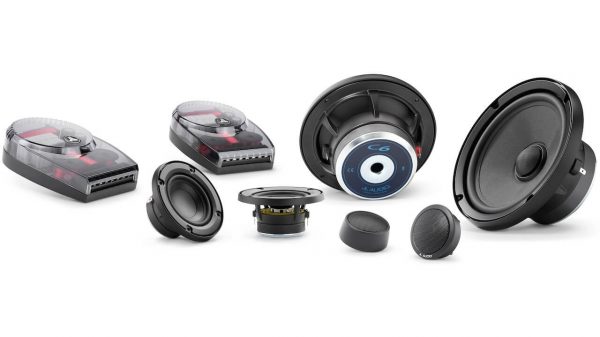Through significant advancements in technology we now live in a world that has made it possible to complete the same tasks that use to take hours or even days in just a matter of minutes. There was actually a time when you had to get dressed and drive to a store to make a purchase, now you can go to the company’s Web site, browse through their products, fill a shopping cart and have it delivered the next day, all while sitting at home in your bathrobe.
If you wanted to see a movie you had to go buy a newspaper (there’s that getting dressed thing again), and search for the listings; now you just type in your zip code and seconds later you have every movie and theater at your fingertips. Before the digital age exploded many of us had to go to the post office to mail letters, and when you had pictures of a vacation you wanted to send a friend- add another few days to get the film developed. Now we transfer pictures from our camera to our computer’s hard drive, compose an email, attach photos and within a few minutes our friend is reading the letter and looking at the pictures.
All of this is possible because a concentrated effort was made to make what was a tedious task into a simple process. The result of that effort was the computer and for those who remember life before it, it’s hard to imagine going back.
While there has been a collective sigh of relief knowing we no longer have to head down to the DMV to renew our license or wait until the five-o’clock news to find out what the weather will be like on the weekend, many of us have taken our computers for granted and have failed to ensure their continued health. This neglect is, in effect, an invitation to the days gone by.
When we ignore the health of our computers we jeopardize the one thing we value most about it, its speed. Most of us have heard about the dangers viruses pose to our hard drive and have experienced the frustration of checking our email only to see our inbox filled with useless junk messages. Because we are aware of the dangers posed by these things we take the steps to secure our computers with virus protection software and spam filters and this gives us a false sense of security.
Thinking we’ve done everything we needed to protect our computers we begin to wonder why the tasks that once took seconds now take minutes. We begin to get frustrated as we stare at a screen that doesn’t seem so eager to display the requests we’ve made and we start to think it may be time to buy a new computer.
The truth is, while we may believe we’ve done enough by protecting our computers from viruses and spam we have neglected to safeguard our computers from a deadly computer disease known as fragmentation. When it comes to the health of your computer there are few things more dangerous.
For those experiencing a slowdown in booting up their computer, loading files and applications, difficulty accessing and sending email, and sluggish Internet browsing the reality is their hard drive is likely infested with fragmented files.
These fragmented files exist due to the very nature in which the hard drive is designed. When a file is saved it is placed directly behind the last file saved and so on. This may seem innocent enough but problems arise when a saved file is recalled, modified and then resaved. Because the modified file is larger than the original file it will no longer fit in its original space and the hard drives answer is to cut the excess information and store it in the next available space, this is now a fragmented file.
When you consider the amount of files that are stored on your hard drive and recognize that the hard drive is constantly creating temporary files that are continuously being modified and resaved the magnitude of the problem may become clearer. On top of all this, there is no limit to how many pieces a single file can be fragmented into. So why does this cause problems for your computers speed?
The answer is really simple, the more pieces a file is fragmented into the longer it takes for the hard drive to deliver the file. This is the slowdown that we experience when we’re starring at a blank screen. When a hard drive has to search for all the pieces of a file it begins to deteriorate its ability to operate and this could lead to a crash, causing all saved files to be lost.
Fortunately there is a simple solution to the dangers of fragmentation and a quick way to restore your computers speed. By installing defragmentation software on your hard drive you will eliminate the dangers posed by the deadly disease and ensure it remains protected.
Once installed, defrag software scans the hard drive for fragmented files and takes the time to repair these files by joining all the pieces that belong to a single file and saving that file in one place. This eliminates your hard drives need to search for pieces of a file or application, thus improving the speed of the computer.
The benefits of defrag are not only instantaneous but lasting as well because once it has been installed it will continue to monitor the hard drive to ensure a reoccurrence of fragmentation doesn’t occur, this keeps your computer running faster and extends its life.
Because we have become so accustomed to our computers delivering results in seconds, the very act of waiting minutes for our computer to boot up or retrieve an application is just as frustrating as those days when we actually sat in traffic while heading to the mall. Knowing that frustration could be eliminated by simply installing defragmentation software really makes the decision all the ore easier to make.























